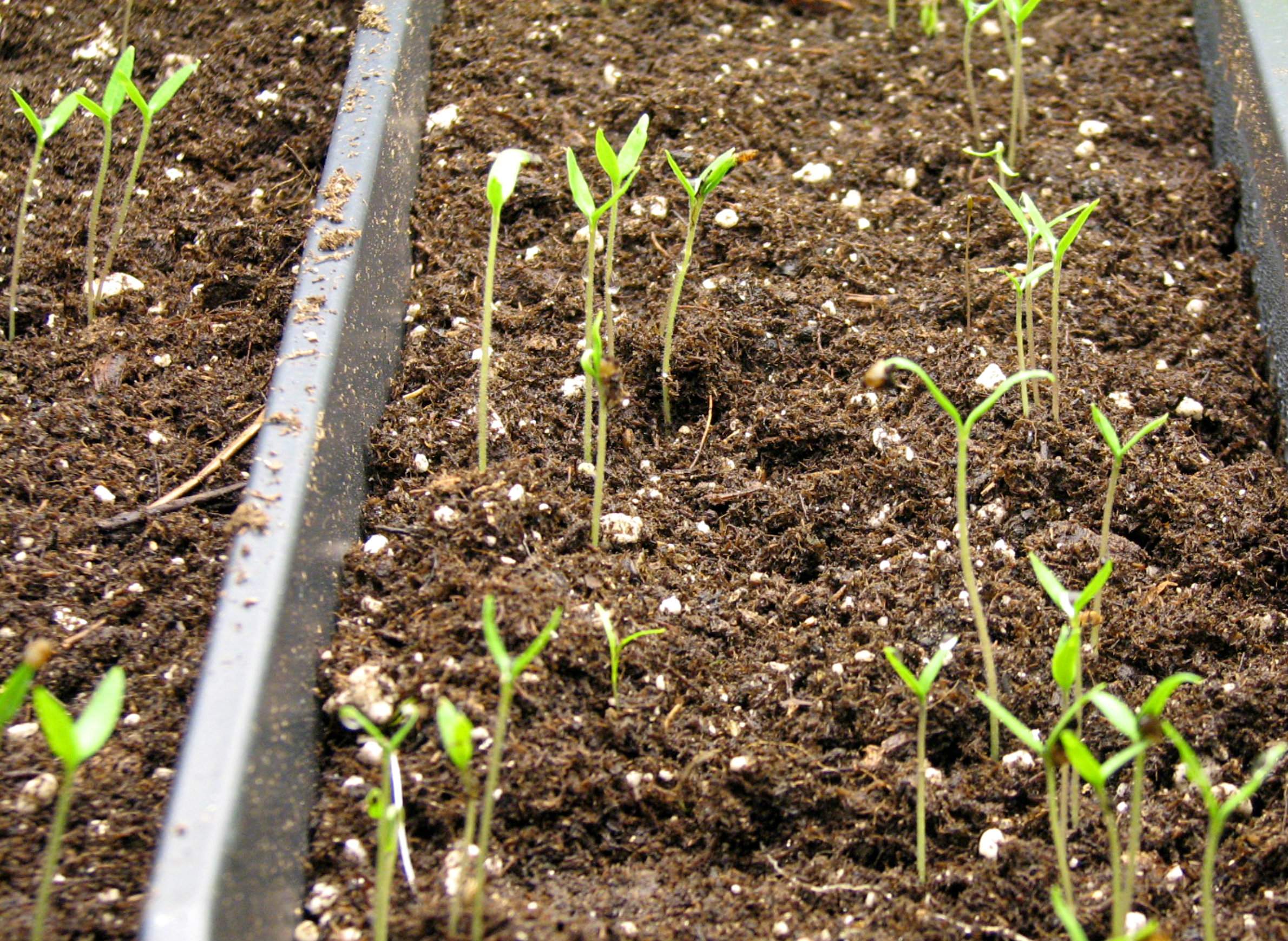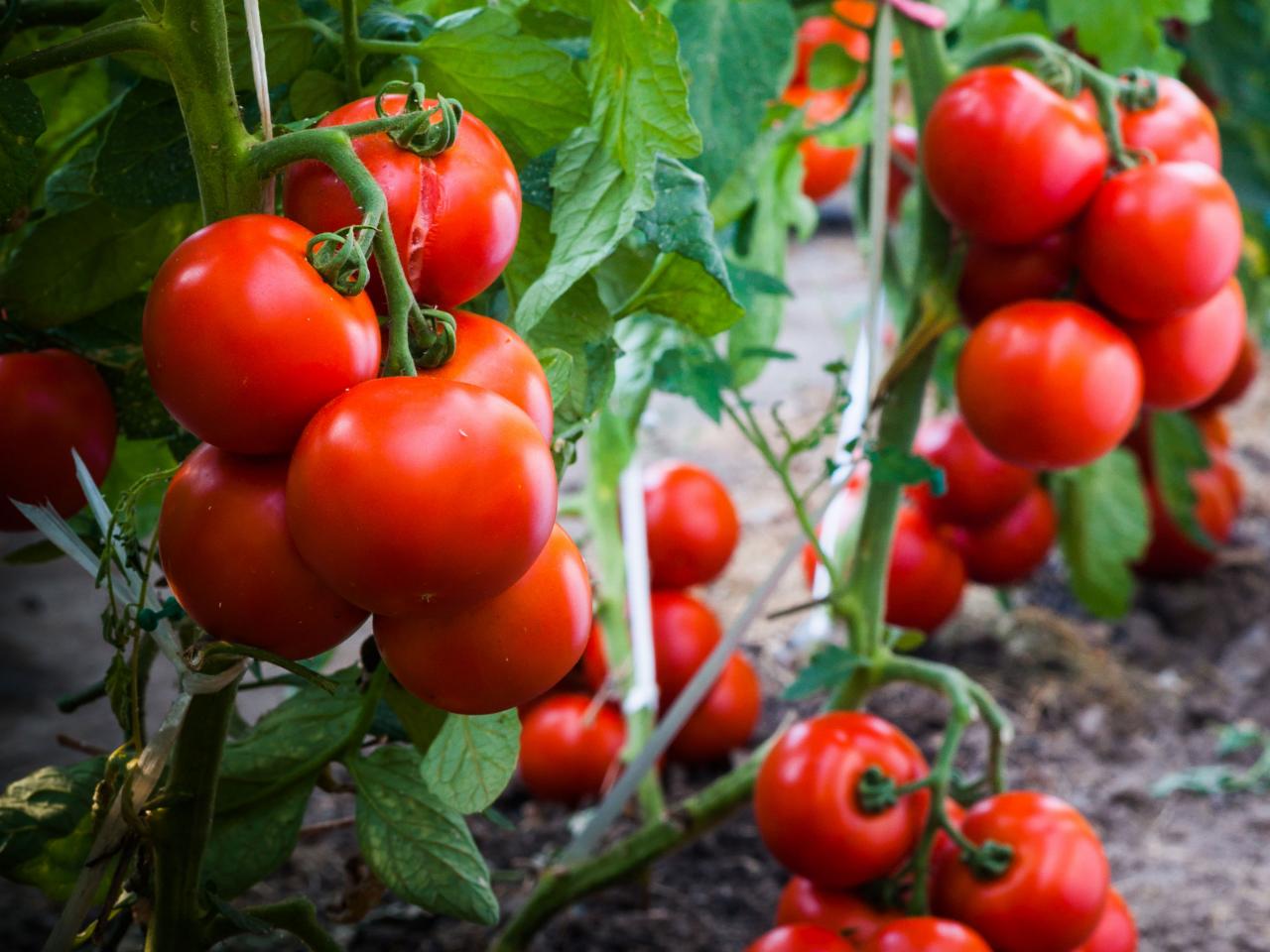
Plan the layout of your garden and choose what you want to grow. This step is free and will save you from a lot of headaches later on. It is essential that you plan everything. From what to grow to how much money and when to do it. Diagrams are a great way to plan the layout of your garden. Begin with the grand picture and work your ways down. Don't plant plants that don't play well with one another or that you don't like.
Next is to find low-maintenance plants. These are the best options for beginners because they do not require much care. These plants include ornamental grass, shrubs, and flowering perennials. Low-maintenance plants can save you both time and effort. These are some tips for beginner gardeners: Do not plant the same kind of plants in the exact same spot. This can reduce the soil's nutritional value and negatively impact the growth of your garden. To ensure that your plants don't compete for nutrients, rotate them around your garden.

Don't begin with a large garden if you are just starting out in gardening. You can start by planting small quantities of potted plants. This will allow you to experiment and have plenty of space, without breaking the bank. A garden is a lovely place to spend quality time with your loved ones. These guidelines will help you get started in gardening.
It is easy to plant a garden if you've never had one before. Put taller plants at the back and low-growing plants in the front. Plant labels will show you the best spacing for your plants. It is a good idea for aromatic herbaceous perennials to be planted along your garden path. It will provide a wonderful fragrance and can be used to create a beginner garden.
Garden planners can help you plan your garden and make it a success. It is vital for beginners to have a well-planned garden and to be patient. Although it is difficult to create a beautiful garden, these beginner gardening tips will help you to make your garden a success. Remember to have fun and be patient. When you have the knack of gardening, your garden will look beautiful and you'll be proud.

Before you plant, think about the type of garden that you would like. Then, you can begin the project by choosing a container for your garden. A pot, large container, or window can all be used to start a garden. Be sure to use sturdy materials to avoid damage to your plants. If you intend to plant a vegetable inside a basket, ensure that the container is covered with fresh moss.
FAQ
When is the best month to plant a vegetable garden in my area?
From April to June is the best season for vegetables. This is when the soil gets warmest, and plants tend to grow quickly. If you live in a cold climate, you may want to wait until July or August.
What seeds should be started indoors?
The best seed for starting indoors is a tomato seed. Tomatoes produce year-round fruit and are easy to plant. It is important to be careful when planting tomatoes in containers. The soil could dry out if you plant too early. This could lead to root rot. Be aware of diseases like bacterial wilt which can quickly kill plants.
What length of time can I keep an indoor flower alive?
Indoor plants can last for many years. To encourage new growth, it is important to repot your indoor plant every few months. Repotting is easy; simply remove the old soil and add fresh compost.
How can I tell what kind of soil is mine?
The color of the soil can tell you how much organic matter it contains. The soil color will tell you if it contains more organic matter than the lighter ones. You can also do soil tests. These tests are used to determine the quantity of nutrients in soil.
Statistics
- According to a survey from the National Gardening Association, upward of 18 million novice gardeners have picked up a shovel since 2020. (wsj.com)
- 80% of residents spent a lifetime as large-scale farmers (or working on farms) using many chemicals believed to be cancerous today. (acountrygirlslife.com)
- It will likely be ready if a seedling has between 3 and 4 true leaves. (gilmour.com)
- According to the National Gardening Association, the average family with a garden spends $70 on their crops—but they grow an estimated $600 worth of veggies! - blog.nationwide.com
External Links
How To
How can I keep weeds away from my vegetable gardens?
Weeds are one of the biggest threats to growing healthy vegetables. They are a threat to water, nutrients and sunlight as well as for space. These tips will prevent them destroying your garden.
-
All plants should be removed when they are in flower
-
Clean up any plant debris at the base
-
Mulch can be used
-
Drink water frequently
-
Rotate crops
-
Do not let the grass get too long
-
Keep soil moist
-
Plant early
-
Harvest often
-
Add compost
-
Avoid chemical pesticides
-
Organic vegetables are best
-
Heirloom seeds available
-
Start small
-
Learn more about companion-planting
-
Be patient
-
Enjoy gardening!